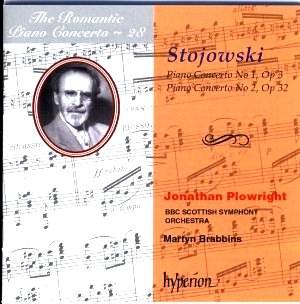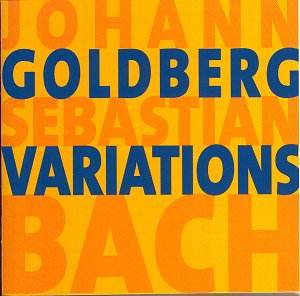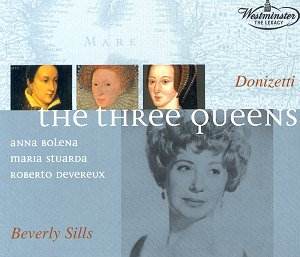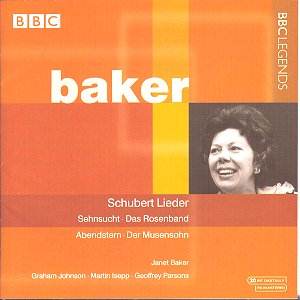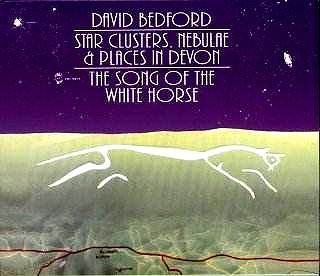 Composer: David Bedford
Composer: David Bedford
Works: Star Clusters, Nebulae and Places in Devon, The Song of the White Horse
Performers: Chorus and Brass of London Philharmonic Orchestra/John Alldis, Mike Ratledge and composer (keyboards), Diana Coulson (solo voice), Nash Ensemble, Queen’s College Choir/Steuart Bedford
Recording: Classicprint CPVP011CD
Label: Classicprint
David Bedford, a composer whose work often hovers on the intersection of the avant-garde and the accessible, presents a compelling sound world in the works featured on this recording. With roots in the English choral tradition and influences from electronic music, Bedford’s compositions—namely “Star Clusters, Nebulae and Places in Devon” and “The Song of the White Horse”—echo the sonic explorations of the 1970s while simultaneously evoking a distinctively British landscape. His studies under Lennox Berkeley and his time with Luigi Nono at the Milan Electronic Studios inform a style that favors vivid soundscapes over rigorous structuralism, allowing Bedford to channel both natural and mystical elements into his music.
“Star Clusters” opens with a striking spatiality, wherein Bedford employs two choirs that engage in a dialogue, each singing names of celestial bodies and places in Devon. This juxtaposition serves not only as an auditory exploration of the cosmos and the earthly but also as a metaphorical commentary on the relationship between the two realms. The London Philharmonic’s brass section, under John Alldis’s direction, delivers a radiant grandeur that evokes the lofty ambitions of English choral music. Yet, it is the unexpected moments of chattering and cackling from the singers that challenge conventional expectations. This playful element, reminiscent of Ligeti’s own choral experiments, introduces a sense of whimsy and spontaneity to the piece, even as the musical language remains rooted in solemnity.
The engineering of this recording merits attention, particularly given its apparent vintage. The sound quality is robust, ensuring that the intricate interplay between voices and instruments is clearly articulated. The sonic landscape Bedford constructs is immersive, allowing listeners to engage fully with the ethereal qualities of the choral writing. However, the lack of internal tracking in the disc—only two tracks for the two works—may prove inconvenient for listeners wishing to navigate specific sections.
Turning to “The Song of the White Horse,” one finds a different yet equally captivating narrative. Composed for a BBC television program, this work unfolds in five sections that trace a journey along the Ridgeway in Southern England. Here, Bedford’s use of a synthesizer introduces a modernistic texture that, while perhaps feeling dated today, still evokes a sense of mystery and exploration. The opening Prelude, with its ostinato motif, immerses the listener in a primeval landscape, while the subsequent sections cleverly weave in spoken and sung elements, ultimately culminating in a majestic chorale. Diana Coulson’s youthful voice lends a haunting quality to the piece, particularly in the poignant setting of G.K. Chesterton’s text. The sound of Bedford blowing into a stone integrates a visceral, almost ritualistic element that further enriches the auditory experience.
The recording is well-presented, with documentation that supports a deeper understanding of Bedford’s intentions and influences. The card case design is commendable, adding a tactile quality that complements the listening experience. While the performances are generally strong, one might find the synthesizer’s role in “The Song of the White Horse” to be slightly overshadowed by the more traditional choral elements, a disparity that could have been more effectively balanced.
David Bedford’s music, especially in these works, occupies a unique space in the British contemporary canon. It invites listeners to navigate the interplay of the celestial and the terrestrial, employing both ancient and modern sounds to create a sense of timelessness. These recordings, while perhaps reflective of their era, remain relevant, showcasing Bedford’s ability to blend the familiar with the avant-garde in a manner that is both thought-provoking and accessible. The exploration of sound as a direct means of expression, rather than through mathematical constructs, ensures that Bedford’s voice continues to resonate within the landscape of contemporary classical music.
